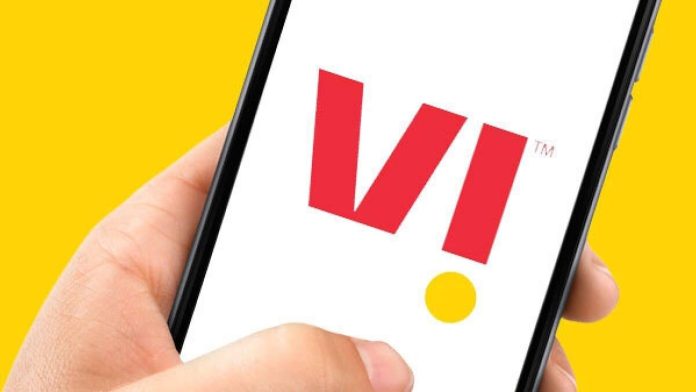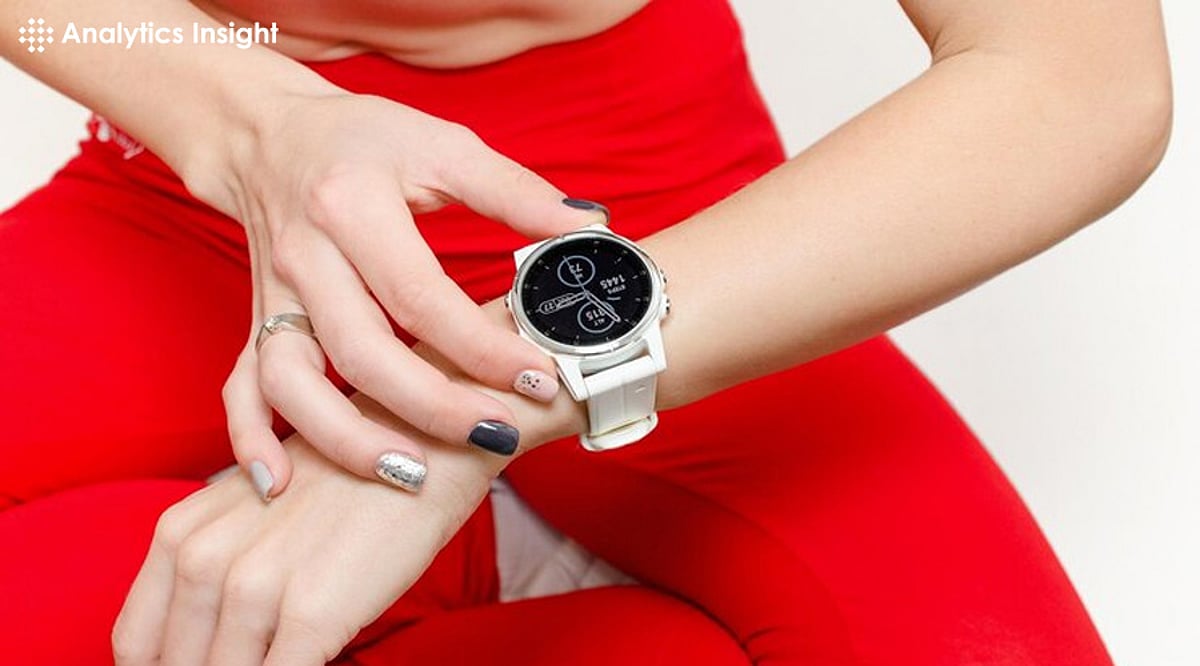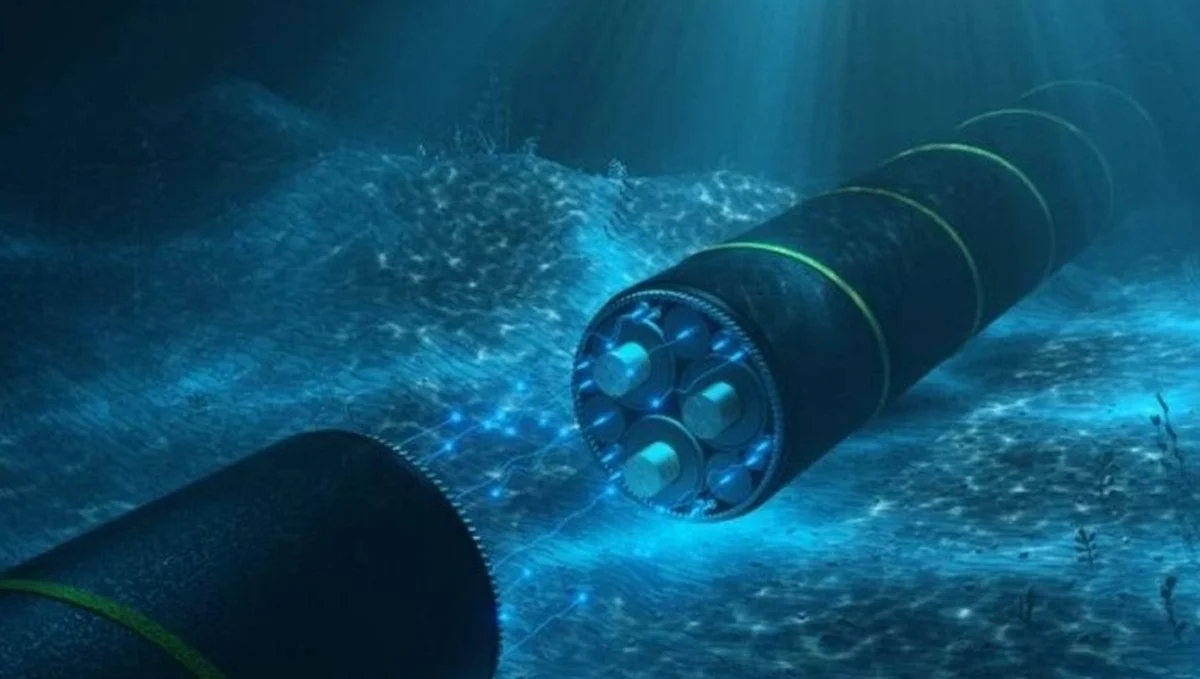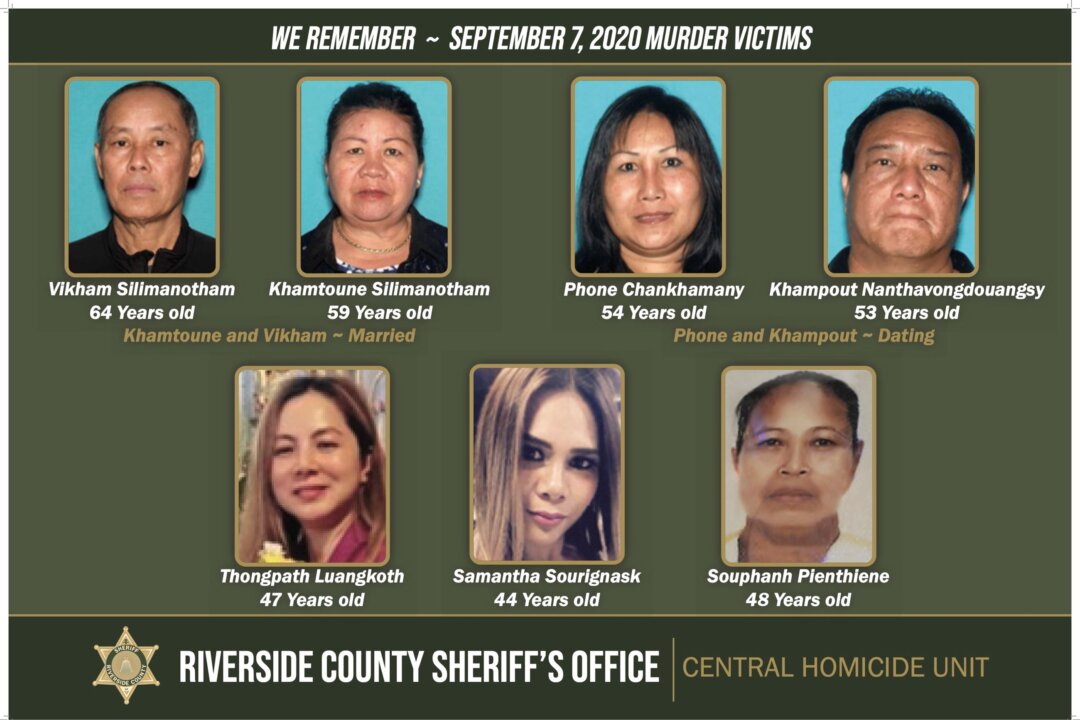haha 777 games
2025-01-09
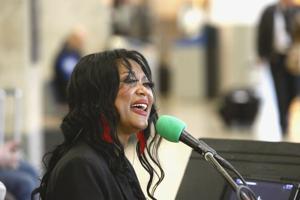 haha 777 games
Scientists have raised concerns about hospitality staff coming into contact with second-hand smoke at work after the Government rowed back on plans to make it illegal to smoke in pub beer gardens. Concerns have also been raised about the “renormalisation” of smoking. Dr Rachel O’Donnell, senior research fellow at the University of Stirling’s Institute for Social Marketing and Health, said restrictions on smoking in outdoor places can “reinforce” a message that smoking “isn’t a socially acceptable thing to do” and could also help smokers to kick the habit. In November, it emerged that the UK Government is to scrap plans to ban smoking in the gardens of pubs and restaurants in England. Health Secretary Wes Streeting said the hospitality industry has “taken a real battering in recent years” and it is not “the right time” to ban smoking outside pubs. But smoking and vaping could be banned in other public places in England – such as in playgrounds or outside of schools – under the Tobacco and Vapes Bill. According to the World Health Organisation, there is no safe level of second-hand smoke exposure. In a briefing for journalists, Dr O’Donnell said decision-making “should be on the basis of all the evidence that’s available”. She added: “Any debate about legislation on smoking in outdoor settings shouldn’t only focus on air quality and second-hand smoke exposure levels, because the impacts of restrictions in outdoor settings are also evident on our social norms.” Smoke-free outdoor environments “reinforce smoke-free as the acceptable norm”, she said. “This, I think, is a critically important point at a time where in the media, over the last year, we’ve seen various reports and questions as to whether we might be on the cusp of renormalisation of smoking for various reasons, and so smoke-free public environments still have a critically important role to play. “If you reduce opportunities to smoke, it can also help individuals who smoke themselves to reduce the amount they smoke or to make a quit attempt.” Dr O’Donnell said visibility of tobacco products and smoking is a “form of marketing for tobacco companies” as she pointed to studies highlighting the increasing number of tobacco depictions on screen. She went on: “The more often young adults observe smoking around them, the more likely they are to believe that smoking is socially acceptable, which feeds back into this idea of renormalisation of smoking. “So, restrictions on smoking in outdoor public places have other positive knock-on effects, potentially for young people as well, just sending out that clear message that this isn’t a socially acceptable thing to do and see, and this could help to discourage smoking initiation among young people at quite a critical time.” On being exposed to second-hand smoke at work, she added: “I think sometimes when we think about exposure to second-hand smoke in outdoor settings, in pubs, in restaurants, we think about that sort of occasional customer exposure, the nuisance element of it when people are out enjoying a meal with friends, but we also need to be reminded that this is a repeated occupational exposure for those who are working in hospitality and serving drinks and food. “Now, as we’ve already seen, concentrations of second-hand smoke in these settings are generally low, and they’re likely to present a low risk to health for most healthy people. “But ... there’s no safe level of exposure to second-hand smoke, and so any individual with pre-existing heart, lung or respiratory conditions may be particularly vulnerable even to low levels of exposure. “We know that second-hand smoke is its known carcinogen, and on that basis those exposed in the hospitality sector have a right to be protected. “On that basis, there’s a need to protect them, as there is anybody in any workplace setting from second-hand smoke exposure in all areas of workplaces and spaces.” Sean Semple, professor of exposure science at the University of Stirling’s Institute for Social Marketing and Health, said: “I think that if I were a policy-maker, which I am not, then I would be looking at those occupational exposures as well. “I have asthma, if I was being occupationally exposed to SHS (second-hand smoke), and knowing that I was one of a very small number of workers now being legally exposed to SHS in the workplace, then I might not be very happy about that.” A Department of Health and Social Care spokesperson said: “As part of our 10 Year Health Plan we are shifting focus from sickness to prevention, including tackling the harms of smoking and passive smoking. “The landmark Tobacco and Vapes Bill is the biggest public health intervention in a generation and will put us on track towards a smoke-free UK.”Stock market today: Wall Street inches higher to set more recordsMeta seeks nuclear power developers for reactors to start in early 2030s
haha 777 games
Scientists have raised concerns about hospitality staff coming into contact with second-hand smoke at work after the Government rowed back on plans to make it illegal to smoke in pub beer gardens. Concerns have also been raised about the “renormalisation” of smoking. Dr Rachel O’Donnell, senior research fellow at the University of Stirling’s Institute for Social Marketing and Health, said restrictions on smoking in outdoor places can “reinforce” a message that smoking “isn’t a socially acceptable thing to do” and could also help smokers to kick the habit. In November, it emerged that the UK Government is to scrap plans to ban smoking in the gardens of pubs and restaurants in England. Health Secretary Wes Streeting said the hospitality industry has “taken a real battering in recent years” and it is not “the right time” to ban smoking outside pubs. But smoking and vaping could be banned in other public places in England – such as in playgrounds or outside of schools – under the Tobacco and Vapes Bill. According to the World Health Organisation, there is no safe level of second-hand smoke exposure. In a briefing for journalists, Dr O’Donnell said decision-making “should be on the basis of all the evidence that’s available”. She added: “Any debate about legislation on smoking in outdoor settings shouldn’t only focus on air quality and second-hand smoke exposure levels, because the impacts of restrictions in outdoor settings are also evident on our social norms.” Smoke-free outdoor environments “reinforce smoke-free as the acceptable norm”, she said. “This, I think, is a critically important point at a time where in the media, over the last year, we’ve seen various reports and questions as to whether we might be on the cusp of renormalisation of smoking for various reasons, and so smoke-free public environments still have a critically important role to play. “If you reduce opportunities to smoke, it can also help individuals who smoke themselves to reduce the amount they smoke or to make a quit attempt.” Dr O’Donnell said visibility of tobacco products and smoking is a “form of marketing for tobacco companies” as she pointed to studies highlighting the increasing number of tobacco depictions on screen. She went on: “The more often young adults observe smoking around them, the more likely they are to believe that smoking is socially acceptable, which feeds back into this idea of renormalisation of smoking. “So, restrictions on smoking in outdoor public places have other positive knock-on effects, potentially for young people as well, just sending out that clear message that this isn’t a socially acceptable thing to do and see, and this could help to discourage smoking initiation among young people at quite a critical time.” On being exposed to second-hand smoke at work, she added: “I think sometimes when we think about exposure to second-hand smoke in outdoor settings, in pubs, in restaurants, we think about that sort of occasional customer exposure, the nuisance element of it when people are out enjoying a meal with friends, but we also need to be reminded that this is a repeated occupational exposure for those who are working in hospitality and serving drinks and food. “Now, as we’ve already seen, concentrations of second-hand smoke in these settings are generally low, and they’re likely to present a low risk to health for most healthy people. “But ... there’s no safe level of exposure to second-hand smoke, and so any individual with pre-existing heart, lung or respiratory conditions may be particularly vulnerable even to low levels of exposure. “We know that second-hand smoke is its known carcinogen, and on that basis those exposed in the hospitality sector have a right to be protected. “On that basis, there’s a need to protect them, as there is anybody in any workplace setting from second-hand smoke exposure in all areas of workplaces and spaces.” Sean Semple, professor of exposure science at the University of Stirling’s Institute for Social Marketing and Health, said: “I think that if I were a policy-maker, which I am not, then I would be looking at those occupational exposures as well. “I have asthma, if I was being occupationally exposed to SHS (second-hand smoke), and knowing that I was one of a very small number of workers now being legally exposed to SHS in the workplace, then I might not be very happy about that.” A Department of Health and Social Care spokesperson said: “As part of our 10 Year Health Plan we are shifting focus from sickness to prevention, including tackling the harms of smoking and passive smoking. “The landmark Tobacco and Vapes Bill is the biggest public health intervention in a generation and will put us on track towards a smoke-free UK.”Stock market today: Wall Street inches higher to set more recordsMeta seeks nuclear power developers for reactors to start in early 2030s
Fluence Energy, Inc. Announces Convertible Notes Offering and Intention to Enter into Capped Call Transactions
S.Korea political upheaval shows global democracy's fragility - and resilience
Citigroup Inc. Grows Stock Holdings in Frontier Communications Parent, Inc. (NASDAQ:FYBR)A Republican senator has warned his colleagues must “step up” to appoint Donald Trump’s cabinet picks or face recess appointments. Bill Hagerty of Tennessee was on ABC’s This Week that the idea of recess appointments “is and should be on the table”, adding that previous presidents in modern history including Ronald Reagan and Bill Clinton had utilized the constitutional clause allowing appointments when the Senate is not in session. The process would likely set up court battles and fray Trump’s relationship with GOP leaders — all while allowing him to confirm controversial choices despite concerns. “This is a constitutionally available tool,” Hagerty told Jon Karl. “What we want to see is the Democrats co-operate with us. But if the resistance movement gets as heavy as it was... I’ve been through the confirmation process myself. I turned in my paperwork on the 21st of January, I didn’t get confirmed until July.” But when Karl pointed out that Republican votes were the issue, and asked if the president-elect would use recess appointments to force through major positions, Hagerty reiterated his point with a message to other GOP senators. “What he [Trump] wants to do is see these appointments made quickly,” Hagerty replied. “I think everything should be on the table. I think if my colleagues understand that they will know they need to step up and move expeditiously to get these cabinet members confirmed.” The concept of recess appointments is a controversial one, and comes with restrictions: the appointments are temporary, and only last until the end of the applicable calendar year. They would also require the Senate to not be in session — something that members of the upper chamber of Congress could resist. The Senate has never triggered a recess simply for the purpose of allowing a president to make such appointments. But it still leaves open the possibility that Trump could make recess Cabinet appointments during one of the Senate’s scheduled breaks, including the August recess later in 2025. And the president-elect himself has made clear that he plans to utilize the tactic. “Any Republican Senator seeking the coveted LEADERSHIP position in the United States Senate must agree to Recess Appointments (in the Senate!), without which we will not be able to get people confirmed in a timely manner,” he wrote on Truth Social. Republican Senator John Thune was chosen to be the GOP’s new majority leader when the Senate convenes in January. An ally of Mitch McConnell, Thune is an institutionalist and is not likely to wield the power of the Senate to suit Trump’s whims. On policy matters and most votes, however, he’s expected to toe the White House line. The Senate is set to be held by a solid GOP majority come next year; the president’s control is not absolute, however, and he has already seen his pick for attorney general go down in flames. The chamber won’t vote on his picks until next year, but resistance from almost a half-dozen Republicans sunk the bid of Matt Gaetz to lead the Justice Department. None of Trump’s other nominees have withdrawn yet, though a number of Republican senators appear publicly skeptical towards the nomination of Tulsi Gabbard to be director of national intelligence (DNI). Pete Hegseth, Trump’s pick to lead the Department of Defense, is also coming under increased scrutiny as new revelations have come out surrounding a sexual assault case he was involved in. Hegseth has denied that the encounter described in the allegations was nonconsensual. On the right, Trump is also taking flack from traditional conservatives over his nomination of a candidate for secretary of Labor, Lori Chavez-DeRemerm, who supported the Pro Act — a piece of pro-union legislation that failed to pass Congress under Joe Biden’s presidency.
Lynn Hershman Leeson Predicted Our Digital HellscapeIn a filing made public Tuesday, Trump’s lawyers told Manhattan Judge Juan M. Merchan that anything short of immediate dismissal would undermine the transition of power, as well as the “overwhelming national mandate" granted to Trump by voters last month. They also cited President Joe Biden’s recent pardon of his son, Hunter Biden, who had been convicted of tax and gun charges . “President Biden asserted that his son was ‘selectively, and unfairly, prosecuted,’ and ‘treated differently,’" Trump’s legal team wrote. Manhattan District Attorney Alvin Bragg, they claimed, had engaged in the type of political theater "that President Biden condemned.” Prosecutors will have until Dec. 9 to respond. They have said they will fight any efforts to dismiss the case but have indicated a willingness to delay the sentencing until after Trump’s second term ends in 2029. In their filing Monday, Trump's attorneys dismissed the idea of holding off sentencing until Trump is out of office as a “ridiculous suggestion.” Following Trump’s election victory last month, Merchan halted proceedings and indefinitely postponed his sentencing, previously scheduled for late November, to allow the defense and prosecution to weigh in on the future of the case. He also delayed a decision on Trump’s prior bid to dismiss the case on immunity grounds. Trump has been fighting for months to reverse his conviction on 34 counts of falsifying business records to conceal a $130,000 payment to porn actor Stormy Daniels to suppress her claim that they had sex a decade earlier. He says they did not and denies any wrongdoing. The defense filing was signed by Trump lawyers Todd Blanche and Emil Bove, who represented Trump during the trial and have since been selected by the president-elect to fill senior roles at the Justice Department. Taking a swipe at Bragg and New York City, as Trump often did throughout the trial, the filing argues that dismissal would also benefit the public by giving him and “the numerous prosecutors assigned to this case a renewed opportunity to put an end to deteriorating conditions in the City and to protect its residents from violent crime.” Clearing Trump, the lawyers added, would also allow him to “to devote all of his energy to protecting the Nation.” Merchan hasn’t yet set a timetable for a decision. He could decide to uphold the verdict and proceed to sentencing, delay the case until Trump leaves office, wait until a federal appeals court rules on Trump’s parallel effort to get the case moved out of state court or choose some other option. An outright dismissal of the New York case would further lift a legal cloud that at one point carried the prospect of derailing Trump’s political future. Last week, special counsel Jack Smith told courts that he was withdrawing both federal cases against Trump — one charging him with hoarding classified documents at his Florida estate, the other with scheming to overturn the 2020 presidential election he lost — citing longstanding Justice Department policy that shields a president from indictment while in office. The hush money case was the only one of Trump’s four criminal indictments to go to trial, resulting in a historic verdict that made him the first former president to be convicted of a crime. Prosecutors had cast the payout as part of a Trump-driven effort to keep voters from hearing salacious stories about him. Trump’s then-lawyer Michael Cohen paid Daniels. Trump later reimbursed him, and Trump’s company logged the reimbursements as legal expenses — concealing what they really were, prosecutors alleged. Trump has said the payments to Cohen were properly categorized as legal expenses for legal work. A month after the verdict, the Supreme Court ruled that ex-presidents can’t be prosecuted for official acts — things they did in the course of running the country — and that prosecutors can’t cite those actions to bolster a case centered on purely personal, unofficial conduct. Trump’s lawyers cited the ruling to argue that the hush money jury got some improper evidence, such as Trump’s presidential financial disclosure form, testimony from some White House aides and social media posts made during his first term. Prosecutors disagreed and said the evidence in question was only “a sliver” of their case. If the verdict stands and the case proceeds to sentencing, Trump’s punishments would range from a fine to probation to up to four years in prison — but it’s unlikely he’d spend any time behind bars for a first-time conviction involving charges in the lowest tier of felonies. Because it is a state case, Trump would not be able to pardon himself once he returns to office.
Set Your Portfolio for Success: Canadian Stock Picks for 2025
Related hot word search:
Previous: y77777 games
Next:

